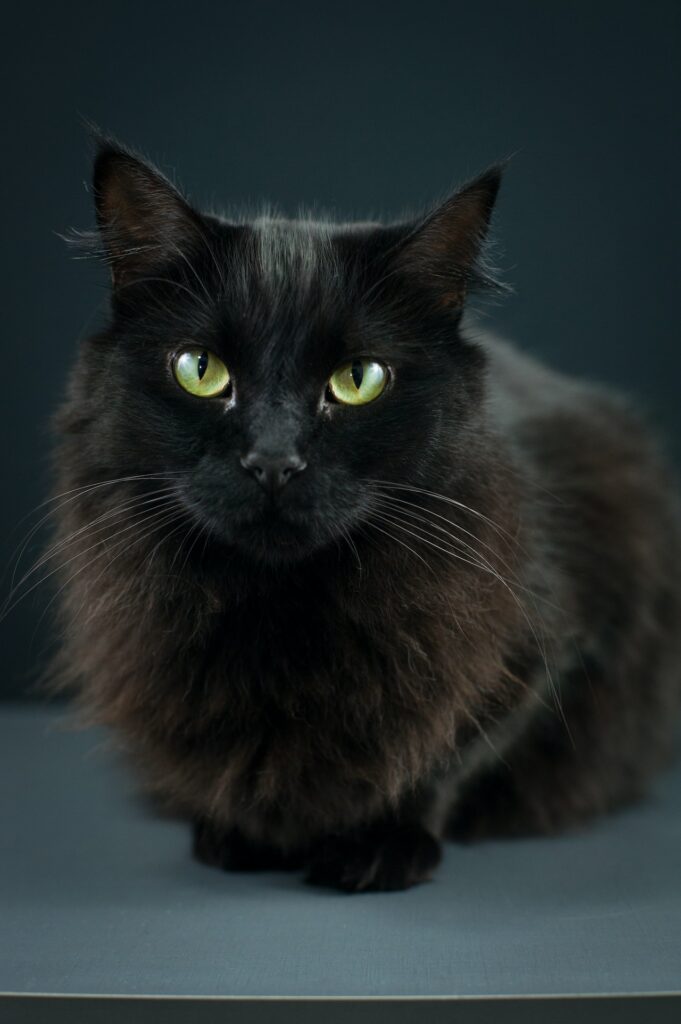Uncovering the Secret Speed of Domestic Cats: How Fast Can They Really Run?
Do you ever wonder how fast your beloved domestic cat can run? Believe it or not, cats can run up to 30 mph! That’s why they’re known for their agility and speed. In this article, we explore how fast domestic cats can run, how they evolved to become such speedy runners, how they compare to other animals in terms of speed, and how you can help your cat reach its full potential when it comes to running. So if you want to learn more about domestic cats’ secret speed, read on!
Speed Variables
Several factors affect a domestic cat’s running speed, including its size, age, breed, and health. The smaller breeds tend to be faster than their larger counterparts since it takes less energy to move, while older cats may be slower due to age-related issues such as arthritis. The breed also plays an important role in determining a cat’s running speed; some breeds are naturally faster than others due to genetics or breeding practices. Lastly, the overall health of the cat is also important; cats in good physical shape will usually be able to run faster than those in poor condition due to weakened muscles or joints.
Average Maximum Speed of Domestic Cats
On average, most domestic cats have a maximum sprint speed of about 30 miles per hour (mph). Some particularly athletic specimens might manage up to 35 mph for brief periods, but this is not commonplace among all cats. When compared with other animals, cats are generally considered quite fast; they would still lose out in races against cheetahs and greyhounds, which can reach top speeds of around 70 mph and 45 mph, respectively! However, this doesn’t mean that your pet kitty isn’t very quick on its feet – after all, 30 mph is no joke!
Factors That Influence Running Speed
Surface Type
The type of surface on which a domestic cat runs impacts its maximum speed; if the surface is slippery or soft, it will take more effort for it to move quickly and efficiently. Additionally, if the surface has plenty of obstacles like trees or rocks, it will limit how quickly your feline friend can go. Generally speaking, most domesticated cats won’t need to worry much about this since they’re typically confined indoors where surfaces are more consistent.
Motivation
Another key factor when considering how fast domestic cats can go is motivation – if your pet feels like it needs to escape from something or get somewhere quickly, then it will be able to push itself beyond its usual limits and achieve higher speeds as a result. This could explain why we often see our pets running from one end of the house to another at incredible speeds!
Health Conditions
Finally, any underlying health conditions that your cat may have could affect its ability to run at high speed; conditions such as joint pain or obesity will mean less efficient movement, which may limit running abilities significantly. You must keep an eye out for any changes in behaviour to ensure your furry companion stays healthy and fit!
Training Your Cat To Run Faster
If you want your pet kitty to become even faster on its feet, then training could help improve its sprinting capabilities over time; short bursts of exercise followed by rest periods work well here – try taking them outside for short jogs every day or playing catch with special toys designed specifically for felines if you’d rather stay indoors! Additionally, providing plenty of mental stimulation through puzzles or interactive games may help make them sharper runners. With patience and persistence, you should eventually notice an improvement in stamina and speed!
List Of Breeds With Fast Sprint Speeds:
Siamese
One of the oldest breeds known for their lithe bodies and slender limbs, which help them reach higher speeds compared to other domesticated cats, capable of reaching up to 33 mph when motivated enough!
Bengal
A hybrid breed from crosses between wildcats and domesticated felines featuring muscular legs ideal for running at high speeds; reportedly capable of achieving up to 35 mph max sprints when necessary!
Abyssinian
Another ancient breed known for its athletic prowess, these sleek felines have long legs perfect for running fast and can reach up to 32 mph easily during quick bursts.
List Of Breeds Who Are Slower Runners:
Maine coon
A large breed with thick fur coats makes them relatively slow runners compared with other domestic cats; despite their size, they rarely exceed 25 mph, even under duress!
Persian
Though they appear graceful, these chubby animals aren’t built with athleticism in mind, so don’t expect them to exceed much over 20 mph, even when highly motivated!
Ragdoll
These gentle giants lack the lithe physiques required for achieving high speeds, so don’t expect much more.
Conclusion
Domestic cats are incredibly fast in the running, and their speeds can vary depending on how motivated or healthy they are. With the right care and training, you can help your feline friend reach its full potential in running speed! Different breeds have different capabilities, too – so choose wisely if you’re looking for a pet who can easily outrun its competition!
Insuring your furry friend with furrr.co.uk is the best way to ensure they are safe and secure, no matter how fast they can run! With a range of tailored pet insurance plans that provide comprehensive cover for any eventuality, you’ll have peace of mind knowing that your beloved pet will be looked after when needed most. Get your free quote today and start protecting your cat from unexpected costs – it’s quick and easy!










